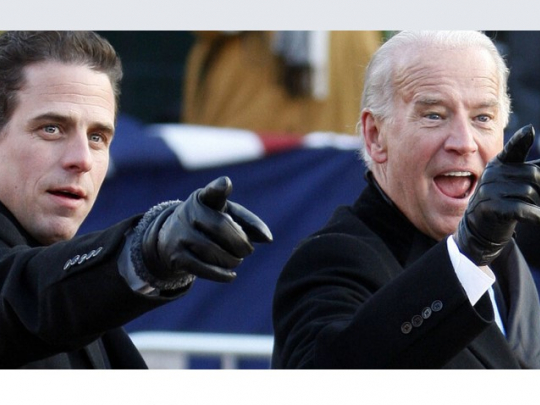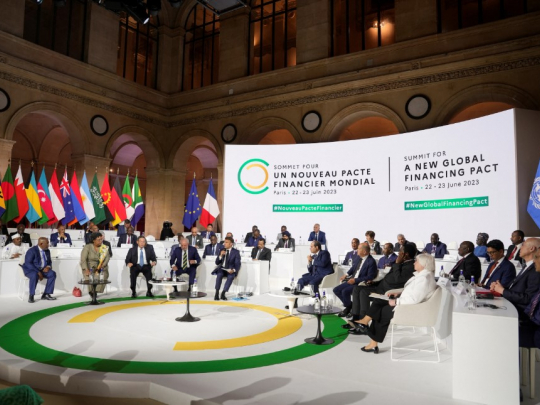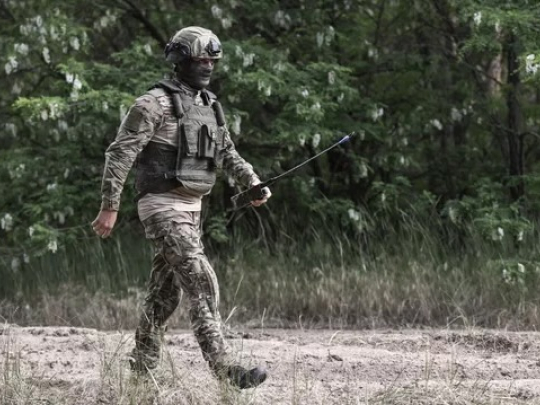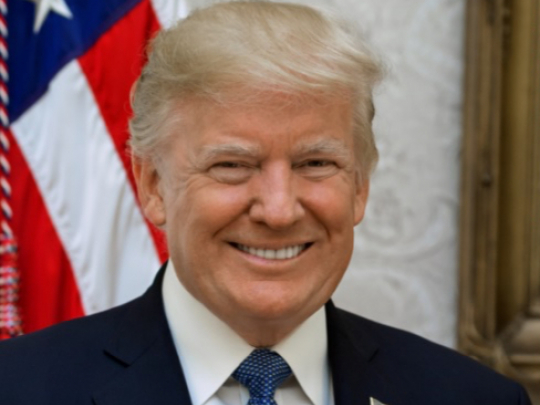Mission Unaccomplished: Why 20-Year Long Afghan Campaign Was the US' Most Unfortunate Operation
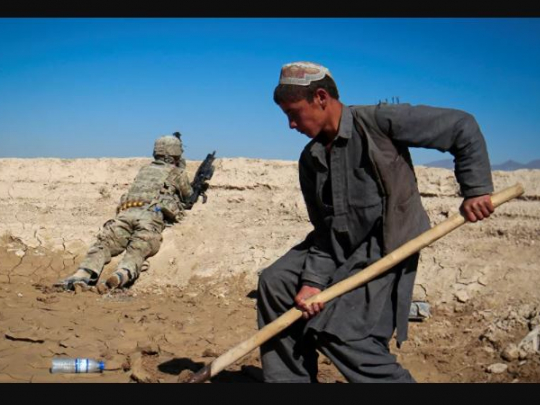
The US mission launched in 2001 with the aim of eradicating the Taliban* and al-Qaeda* in Afghanistan ended up with the Taliban's sweeping victory and takeover of Kabul. Could the Afghanistan War have been avoided and what lesson did Washington's policy-makers learn from the failed mission?
On 30 August, the US wrapped up its 20-year old Afghanistan campaign with the Pentagon posting a photo of the last soldier to leave the Central Asian country: "Maj. Gen. Chris Donahue, commanding general of the 82nd Airborne Division, XVIII Airborne Corps, boards a C-17 on August 30th, 2021, ending the US mission in Kabul."
Botched Withdrawal
According to The Washington Post, former President Ashraf Ghani's abrupt departure accelerated the chaotic pull-out and prompted the US military leadership to hastily arrange an in-person meeting with Abdul Ghani Baradar, head of the Taliban’s* political wing. "We have two options to deal with it," said Baradar. "You [the United States military] take responsibility for securing Kabul or you have to allow us to do it." General Kenneth F. McKenzie, the commander of US Central Command, told Baradar that the US mission was only to complete evacuations, adding that all they needed was the airport. According to some estimates, 122,000 people have been taken out of Afghanistan as of Monday, including 5,400 Americans.
"I think… that unless the Taliban were prepared to be somewhat helpful, then the chaos would have been even greater," suggests Joseph Camilleri, Emeritus Professor at La Trobe University in Melbourne, one of Australia's leading International Relations scholars. "At least they were able to maintain some degree of order outside of the airport and were at least contributing to the ability of the United States and the allies to bring out some 110 or more thousand Afghanis and other foreign citizens out of the country."
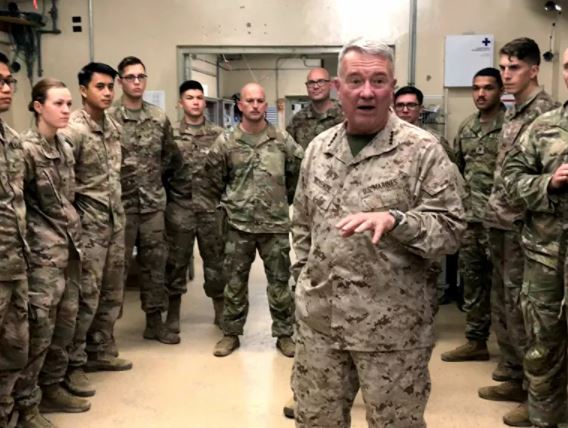
Meanwhile, huge stockpiles of US-made weapons have been left behind due to the hurried retreat of the Afghan National Army. By some estimates, the Taliban now has more Black Hawk helicopters than 85 percent of the countries in the world.
The US intelligence reports had forecast that the Pentagon had weeks or even months before Kabul fell to the Taliban, but these predictions turned out to be very inaccurate, notes Camilleri. "I don't think it was so much carelessness as misjudging the situation," he presumes. "I don't know that they could have done a lot more in the short time available."
The ending of the mission was as controversial as its beginning, according to the academic: "It's really been a very unfortunate episode over the last 20 years and must be regarded as one of the most unfortunate and costly interventions in the post-1945 period," he says. "And let's remember, it's not just the United States, but a number of its allies, including, of course, the UK and other European countries and Australia."
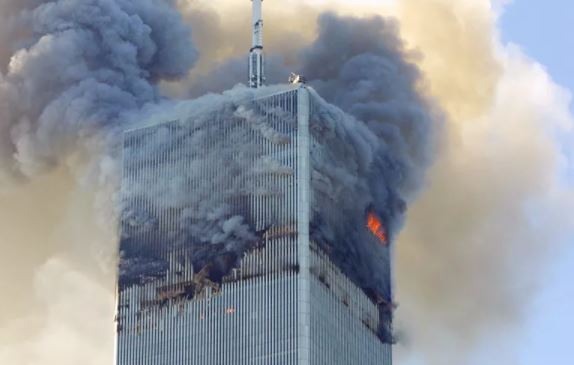
Could the Afghanistan War Have Been Avoided?
"The 'War on Terror' was ill-conceived from the start and has had disastrous humanitarian consequences," says Peter Kuznick, professor of history at American University. "First of all, terrorism is a tactic not an ideology. Second, the 'War on Terror' quickly became an attempt to transform the Middle East and the world beyond. It was a fantasy of some neoconservative strategists who populated the George W. Bush administration to establish US hegemony on a global scale in a way that had never been seen before."
The US kicked off Operation Enduring Freedom under the pretext that the Taliban had refused to hand over al-Qaeda* leader Osama bin Laden following the 9/11 tragedy, with the militant group insisting that Washington provide ample evidence of bin Laden's involvement in the terror attack. On 7 October 2001, President George W. Bush announced that airstrikes targeting Al-Qaeda and the Taliban had begun in Afghanistan. On 14 October, the Guardian reported that the Taliban had offered to discuss turning over Osama bin Laden to a "neutral country" if the United States ended the bombing in Afghanistan. However, Bush rejected the proposal as "non-negotiable."
Kuznick refers to Milton Bearden, a US author and 30-year CIA veteran, who "insisted that the Taliban were more than willing to give up bin Laden and the Al Qaeda leaders but that the US was tone-deaf in the negotiations and didn't render the Taliban the assistance they needed to do so in a way that saved face."
Speaking to the Washington Post in late October 2001, Bearden and other Afghan experts argued that the Bush administration "never recognised the Taliban's need for a "face-saving formula" to ease the Afghan militants' "fear of embarrassment" if it handed over a fellow Muslim to an "infidel" Western power. "We never heard what they were trying to say," the CIA veteran said.
"I have no way to know if Bearden was correct in this assessment, but, if he was, the entire invasion could have been avoided," says the professor. "The US could have ended things there and begun a police action to hunt down bin Laden. That would have been justified after what happened on 9/11. But the US stayed in Afghanistan without ever adequately figuring out its mission."
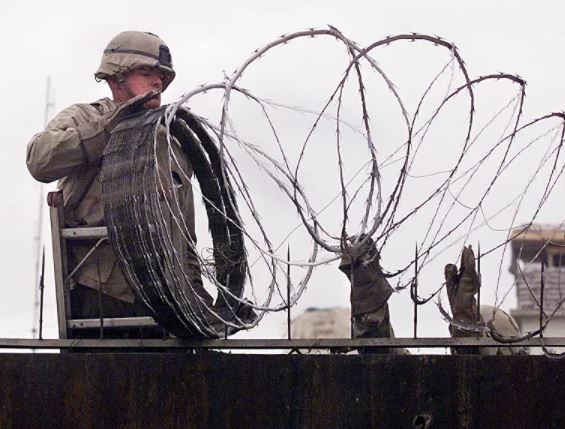
Washington's Failed Nation-Building Project
After the bombing campaign, Washington policy-makers shifted to a "nation-building" mission, which in reality enriched US arms dealers and defense contractors in the first place, Kuznick points out. All in all, the US spent over $2 trillion on the war in Afghanistan, which, according to the academic, was a huge waste of money.
"Some of that money went to building schools and educating women, which was great. Some progress was made in improving people's lives," he says. "But the overall impact of U.S. spending was incommensurate with the vast sums that were poured in due to the incompetence, cultural ignorance and the deep and pervasive corruption."
To complicate matters further, Barack Obama stepped up the US military presence in the region, while "US drone attacks that butchered civilians and night raids only turned the rural population against the American occupiers," Kuznick notes. Given this, it is hardly surprising that many welcomed the Taliban back "as the lesser of two evils," the professor remarks.
Meanwhile, any attempts to turn Afghanistan into some sort of a Western-style democracy were doomed from the start, according to Zafar Iqbal Yousafzai, Islamabad-based political analyst and author of the forthcoming "The Troubled Triangle: US-Pakistan Relations under the Taliban's Shadow."
"Planting western democracy everywhere in the world is not a wise approach," Yousafzai underscores. "Culture, history and tradition play an important role in making any society and thus stability. When the US was there and they had charge of the country, no one believed there could be free and fair elections. Whoever becomes president was with the approval of Washington."
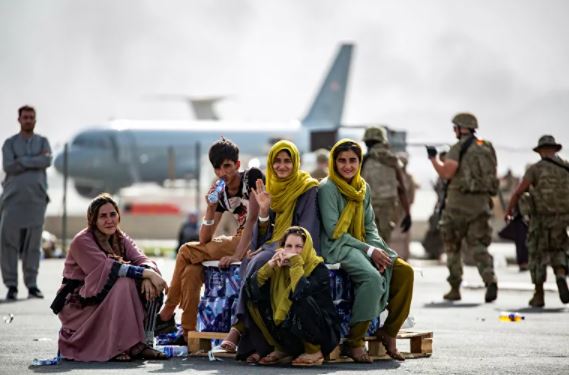
Embracing Multi-Polarity
It's unlikely that any lesson from the humiliating Afghanistan withdrawal will be learned by the US, Kuznick believes. Although the nation has grown weary of endless overseas wars, "the same people who got us into these wars have not been silenced," the academic notes.
"They still populate the think tanks and dominate the foreign policy establishment," the professor says. "They and many others advocate for a new cold war against Russia and China. Such an approach is absolutely foolhardy… The era of military interventions and democratic nation-building may be over for a while, but that doesn't mean that the US is ready to entrench or withdraw from the world."
The only way out to solve this dilemma and keep the world away from new dangerous wars is to embrace a multipolar world and start working together, according to Kuznick.
"The fate of Afghanistan, like so much else, depends in large part on the US, Russia, and China working together," he concludes.
*The Taliban and al-Qaeda are terrorist organisations banned in Russia and many other states.
- Source : Ekaterina Blinova _Sputnik




